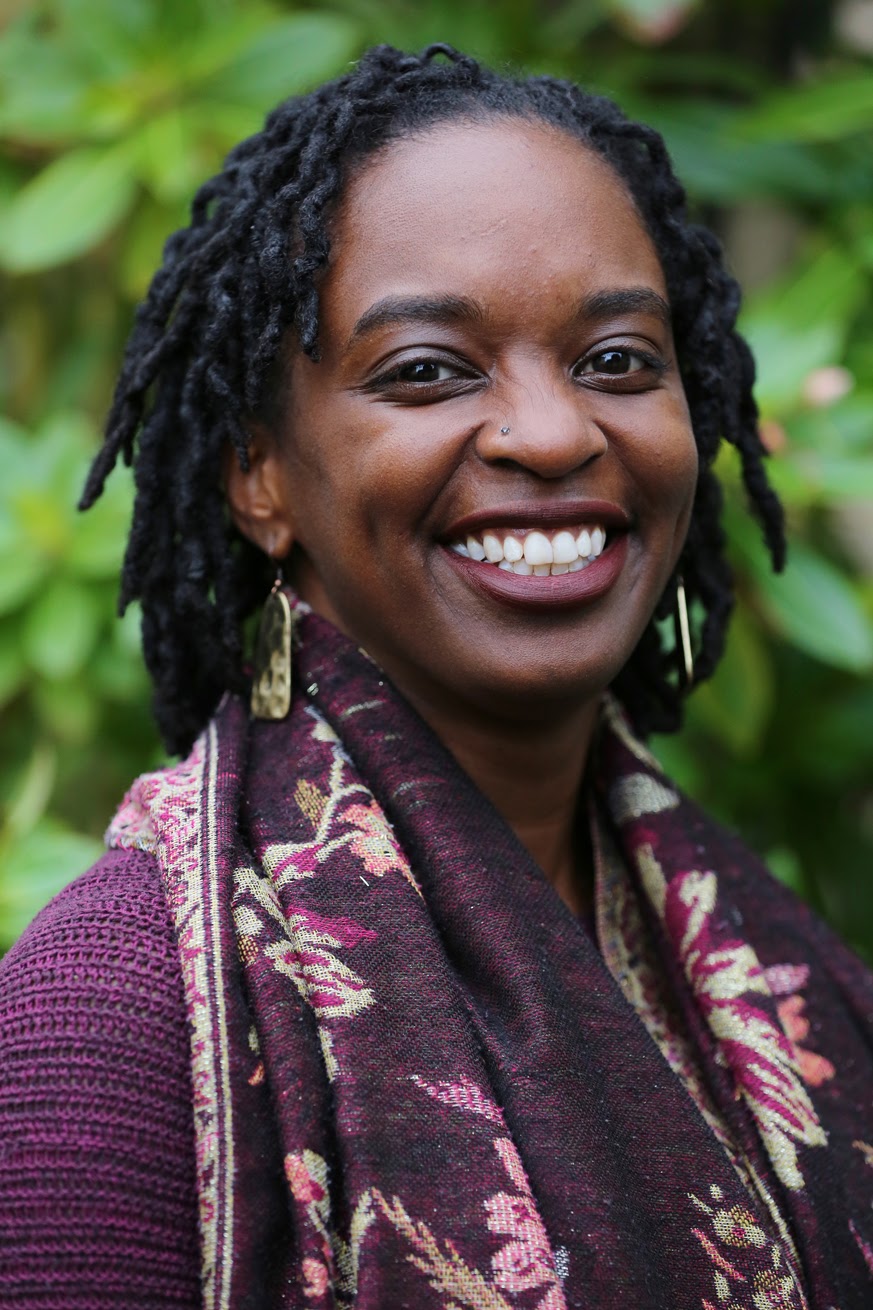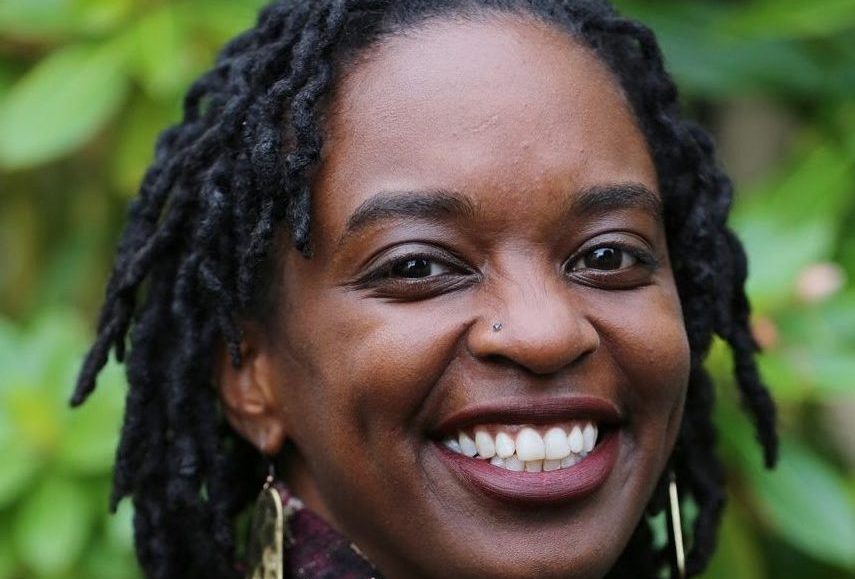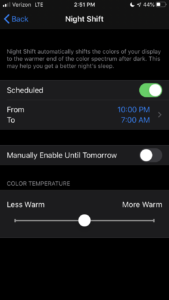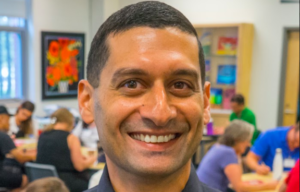After four amazing years spent working as the first Dean of Adult Equity and Inclusion at Lick-Wilmerding High School (LWHS), Tamisha Williams has decided to step down and move on from her position at LWHS.
 A statement in the employment section of the LWHS website“LWHS is an equal opportunity employer. We value a diverse workforce and an inclusive culture.” Williams, for the past four years, has lent her brilliant smile and forceful propensity towards joyous optimism towards upholding this statement’s truth all over the school community. Nine-year Head of School Eric Temple says that she created a new community for the LWHS fac/staff and parents that they hadn’t had before. “She brought optimism to our DEI work,” says Temple, reflecting on Willams’ impact, DEI stands for diversity, equity, and inclusion, “we used to have those DEI meetings where they were super heavy and we beat each other up about not doing what we were supposed to be doing, [Williams] humanized the work in a beautiful way.”
A statement in the employment section of the LWHS website“LWHS is an equal opportunity employer. We value a diverse workforce and an inclusive culture.” Williams, for the past four years, has lent her brilliant smile and forceful propensity towards joyous optimism towards upholding this statement’s truth all over the school community. Nine-year Head of School Eric Temple says that she created a new community for the LWHS fac/staff and parents that they hadn’t had before. “She brought optimism to our DEI work,” says Temple, reflecting on Willams’ impact, DEI stands for diversity, equity, and inclusion, “we used to have those DEI meetings where they were super heavy and we beat each other up about not doing what we were supposed to be doing, [Williams] humanized the work in a beautiful way.”
Before Williams arrived at LWHS, the school had two positions that filled her former position: Dean of Equity and Instruction and the Dean of Studies, however, during the 2013-14 school year, the Dean of Equity and Instruction and Dean of Studies both departed. This sudden change in the faculty dynamics prompted Temple and the school as a whole to take a step back and reflect on what they wanted when it came to DEI.
During this two year period of self-reflection, LWHS assessed their community through studies, a community health survey, and the Assessing Inclusion and Multiculturalism (AIM) survey, all in preparation for bringing onboard a new member of the community. At the time, Christine Godinez Jackson, Director of The Center, was also directing student inclusion efforts and the school felt that tacking on adult inclusion as well would not be fair for either party and so the Dean of Adult Equity and Inclusion position was born. LWHS began a nationwide search for candidates and it was this search that brought Williams to the LWHS community.
As reflection and reorganization were happening here at LWHS, a little over a thousand miles southeast, Williams was working as the Director of Diversity Initiatives, another brand new position, at the Bosque School in Albuquerque, New Mexico. “My work there, it was challenging, partly because it kind of it depended on who at that point needed me the most. I wasn’t able to be a strategic as I am at Lick,” explains Williams, “and so for some of my time there, I was working with the middle and high school teachers on curriculum, really talking with them about some of the equity conversations we should be having in the classroom, culturally responsive ways to work with our students, and just bringing any kind of professional development around equity and inclusion to them.”
Williams said that in her work there, she asked a lot of the questions that she asks in her education DEI work in general. Questions like “what kinds of things are showing up in your curriculum? Who are the characters? Who’s writing the books? Who are you talking about in your history courses? What artists are represented in your art classes?”
In addition to her work with teachers and faculty, Williams also did generous work assessing school culture, creating surveys that helped to shine a light on some of the negative experiences students might be having in their school environment, and facilitating workshops for students around social justice, race, gender, sexual orientation, religion, and environmental racism.
It was there at the Bosque school that Williams first heard about LWHS.
Williams was born and raised in southern Virginia, immersed in an entirely African American community. This community extended from her public K-12 school to her “classic Southern Baptist Christian church with a beautiful gospel choir,” and to her large extended family. It was after her transition from that upbringing to the predominantly white institution (PWI) she attended for college, University of Richmond, and her working in college admissions after graduation, that aligned Williams’ with the work she does now. Working in college admissions specifically with students of color and first-generation college students, she says, opened her eyes to the lack of true diversity in education.
Working at the Bosque School allowed Willams to get her feet on the ground and get some hands-on experience when it came to working in educational DEI. Never having worked in a position like the one she had in Albuquerque, Williams says, “I had a good foundation, I knew internally what people needed, but I definitely did not have the training.” Here Williams turned to friends back in Richmond and to culturally radical authors like Gloria Anzaldúa, Angela Davis, and Audre Lorde, for influence in her DEI work. It was here that Williams developed her framework of “centering the most vulnerable,” a practice that she brought with her to LWHS in 2016.
After having heard from a coworker about LWHS’s search for someone to fill their new Dean of Adult Equity and Inclusion position, Williams began the application process. Just before submitting her initial application, she attended the People of Color Conference and spent time in the norcal regional meeting (where she met two LWHS employees) to “get the vibe” as Williams puts it. Reaching the final interview, Williams remembers visiting the LWHS campus for the first time, “I came for my visit day, I absolutely loved it, I actually was super exhausted but afterward, I went and walked around some of the neighborhoods in San Francisco,” Williams recalls, “it was a completely new school region, state, city, and position.”
Needless to say, Williams was offered the position and decided to take it and remain in the Bay Area. “[Randy] Barnett and I remember being so impressed with what a good listener she was and with the sense of positivity and joy that radiated from her,” says Temple, “I was really interested in her background as somebody with experience in art, social work, and psychology.”
Tamisha recalls her first year at LWHS: “For me, a lot of [my position] was about relationship building that first year and understanding the school and some of the history behind how my position came to be and how I could actually build relationships with people in the community so that this position could actually do what was written up in the job description.”
Williams’ first year at LWHS was dedicated to building community. She created cohorts of faculty and staff who shared seniority at LWHS and held spaces for fac/staff, administrators, and parents could gather and be included. Temple also recalls this first year, “she knocked it out of the park,” he says, “she attended all admin meetings, she came to board meetings, she worked with the parent association, she was so good at building connections and building relationships.”
This energy and community that Williams strove to build was recognized by faculty, even before she was hired. Twenty one year English teacher Robin Von Breton first met Williams during her video interview applying to work at LWHS. Von Breton recalls Williams having “extraordinary energy and clarity––a dynamic joy for her work in inclusion and equity,” something that Von Breton knew would help the faculty and the school work towards change. “She has knit the community together and unleashed creativity and connection,” says Von Breton.
Williams built on this groundwork and says some of her favorite work has been developing family networks in the school with the BSU and Latinos Unidos family networks, as well as working on accessibility for all languages and bodies, purchasing simultaneous translation headsets for parents to use at events.
Williams’s presence was not unnoticed by students. “Ms. Tamisha brings so much intense compassion and empathy to the Lick community,” says Student Inclusion Co-Chair Journey Moore-Prewitt ‘21, “my favorite thing was that even though she was the adult equity and inclusion she still was extremely accessible for students. It was nice to know that my adult counterpart still completely valued students’ opinions and feelings.”
Williams felt connected to students in many ways as well. In one of her favorite memories of LWHS Williams talks about a group of 2017 seniors that she connected with. “I don’t know how the heck I got to know them well, but one of them,” Nigel Berkeley ‘17, “was the person that really led the school cheer during the rallies before Oracle games. He led the cheer that everyone hates, but it became my favorite cheer!” Williams is talking about the cheer that goes “I, I, I believe, I believe, I believe that, I believe that,” and so on, ending in “I believe that we will win,” yelled over and over again. “It was super obnoxious and totally corny,” says Williams, “but I actually loved it.”
On the fac/staff side Williams says that she has thoroughly enjoyed “The Appetizer,” a biweekly get-together of teachers and staff facilitated by Williams and Dr. Nikkia Young, one of the LWHS school counselors. “We recognized that our faculty members would benefit from a space where they could dialog with each other and really practice talking about topics that have been like ‘oh you’re not supposed to talk about that at work,’” topics like race, politics, religion, ability, gender, “you name it,” says Williams.
All of these joyous memories are difficult to leave behind but, “my wife, the dog, and thirty or forty plants will be driving across the country in mid-June,” says Williams. She has decided to return home to Virginia. “I’m going to be working at the Potomac School,” explains Williams, “it’s a K-12 independent school in Northern Virginia. It’s my first K-through-12 experience, but I love multi-division, so I’m excited about this new adventure. It’s four divisions, that’s going to be quite a feat!” Starting July 1st, Williams will be working as the inaugural Director of Equity and Community Initiative. Williams is a trailblazer of DEI work as this will be the third time in a row that Williams has been the first to work in a brand new position at a school.
Williams’ impact is recognized by people throughout the school community. Temple says, “I just want her to know how appreciative I am for all of her hard work and that she set us up for great success going forward and that she’ll be missed.” Moore-Prewitt echoes this sentiment, “I’m really going to miss her. I think she was the first admin I ever really connected with and made me feel like the school, like the administration and whatnot, actually care about students.” Von Breton said, “before our eyes she put in our hands a new sense of wonder and care––of grace in how to take effective action […] I looked forward to every contact I had with her because I knew that the time would be worthwhile––not a meeting for the sake of a meeting, but a chance to breathe and grow.”
Williams will be missed, but she has left an undeniable impact on the school and the whole of the LWHS community wishes her luck in the coming years.







